
Does mumps in men affect reproductive health?
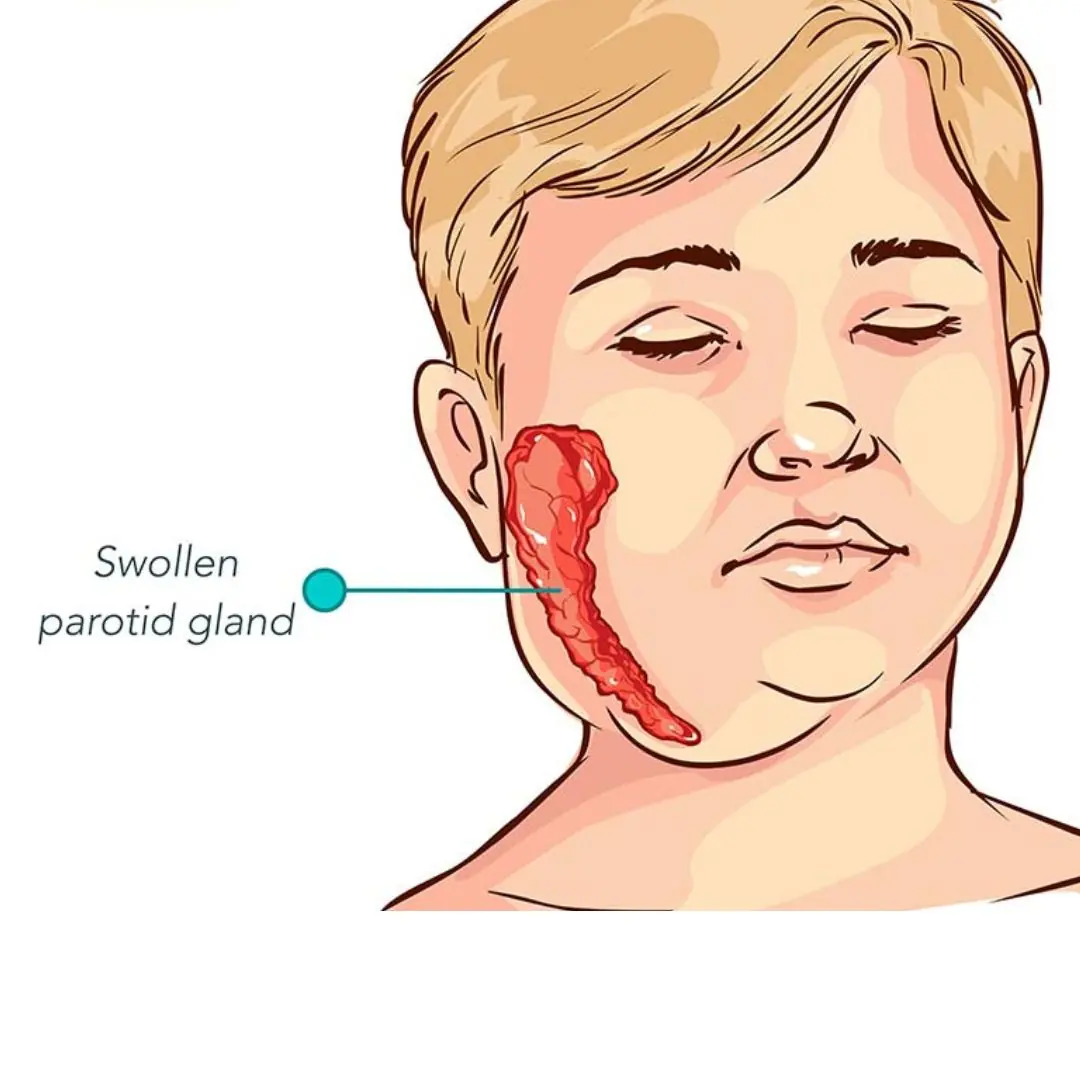
Mumps is highly contagious in the community, especially among children — particularly boys. A common complication in males is orchitis, which can lead to testicular atrophy and infertility.
1. What is mumps?
Mumps is commonly seen in children, especially boys, and has the potential to become an outbreak. It is mainly transmitted directly through tiny droplets of saliva released when talking, coughing, etc., making it highly contagious in places with large groups of people such as daycare centers, kindergartens, and schools. The disease often occurs during the winter and spring, particularly from December to February.
Mumps is an acute viral infection caused by the Paramyxovirus, which leads to inflammation of the parotid salivary glands. These glands typically begin to swell over a period of three days and gradually return to normal within a week. Patients may experience difficulty speaking and swallowing, and in some cases, swelling of the larynx can cause breathing problems requiring a tracheotomy.
Mumps is mainly transmitted through small droplets of saliva released when talking or coughing.
If not treated promptly, mumps can lead to serious complications such as orchitis and epididymitis, oophoritis (inflammation of the ovaries), myocarditis, thyroiditis, and parotid gland abscesses.
Pregnant women who contract mumps in the first trimester have a high risk of giving birth to babies with birth defects. Infected individuals should be isolated until fully recovered to avoid spreading the disease.
2. Symptoms of mumps in males
Mumps typically develops 4–7 days after symptoms appear in the salivary glands. The highest transmission rate occurs about 48 hours before the disease becomes apparent. The incubation period ranges from 12 to 25 days, most commonly around 18 days.
Patients often experience high fever (39–40°C), testicular pain, redness, and swelling. The testicles may be painful to the touch. In some cases, the scrotum may become enlarged due to fluid accumulation around the testicles (hydrocele).
During the recovery phase, some patients may develop testicular atrophy in one or both testicles, which may become smaller and softer than normal.
Over time, patients may also notice a decrease in sexual function: reduced libido, mild to severe sexual dysfunction, and especially a significant decline in sperm count and quality, potentially leading to infertility.
3. Complications of mumps on male reproductive health
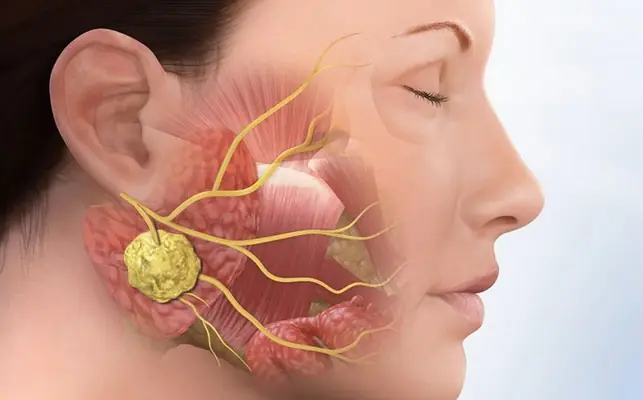
As with many viral diseases, there is no specific antiviral treatment for mumps. Treatment mainly involves relieving symptoms, supporting the immune system, and allowing the body to recover naturally.
The most serious complication of mumps-related orchitis is testicular atrophy. If not detected and treated early, mumps orchitis can progress to a chronic condition, prone to relapse and complications.
Symptoms of orchitis include fever, nausea, and vomiting. The affected testicle may swell up to 2–3 times its normal size. The patient feels pain when moving, the scrotum becomes firm, swollen, stretched, and red.
This condition can lead to male infertility. Therefore, during the acute phase of mumps, it is crucial to receive active treatment and close monitoring to prevent long-term consequences.
Like other viral diseases, mumps has no specific cure. Treatment focuses on symptom relief and boosting the body's ability to recover.
4. Doctor's advice
Many people tend to underestimate mumps and often self-diagnose and treat the illness at home, which can lead to serious complications. Testicular atrophy is a leading cause of male infertility and is one of the severe consequences of mumps. Therefore, if you contract mumps, pay attention to the following:
-
Do not self-medicate with anti-inflammatory drugs. If you have a fever, only take common fever reducers.
-
Avoid strenuous activities, running, or any trauma to the testicles.
-
Get adequate bed rest.
-
Wear supportive underwear or use a cloth bandage to lift the scrotum and testicles.
-
To avoid worsening the condition, avoid exposure to wind and limit water use, but still maintain daily hygiene.
-
Wear a face mask in public to prevent the spread of the virus.
-
Avoid sexual activity during the illness, as it can drain energy and increase the risk of complications such as testicular pain and swelling.
-
Ensure timely and complete vaccination with the Measles – Mumps – Rubella (MMR) vaccine, which is the most effective way to reduce the incidence of mumps and its complications, especially orchitis, in the community.
News in the same category


Woman gets brain infection after eating refrigerated watermelon

Bread May Be Delicious, But These 5 Groups Should Limit It
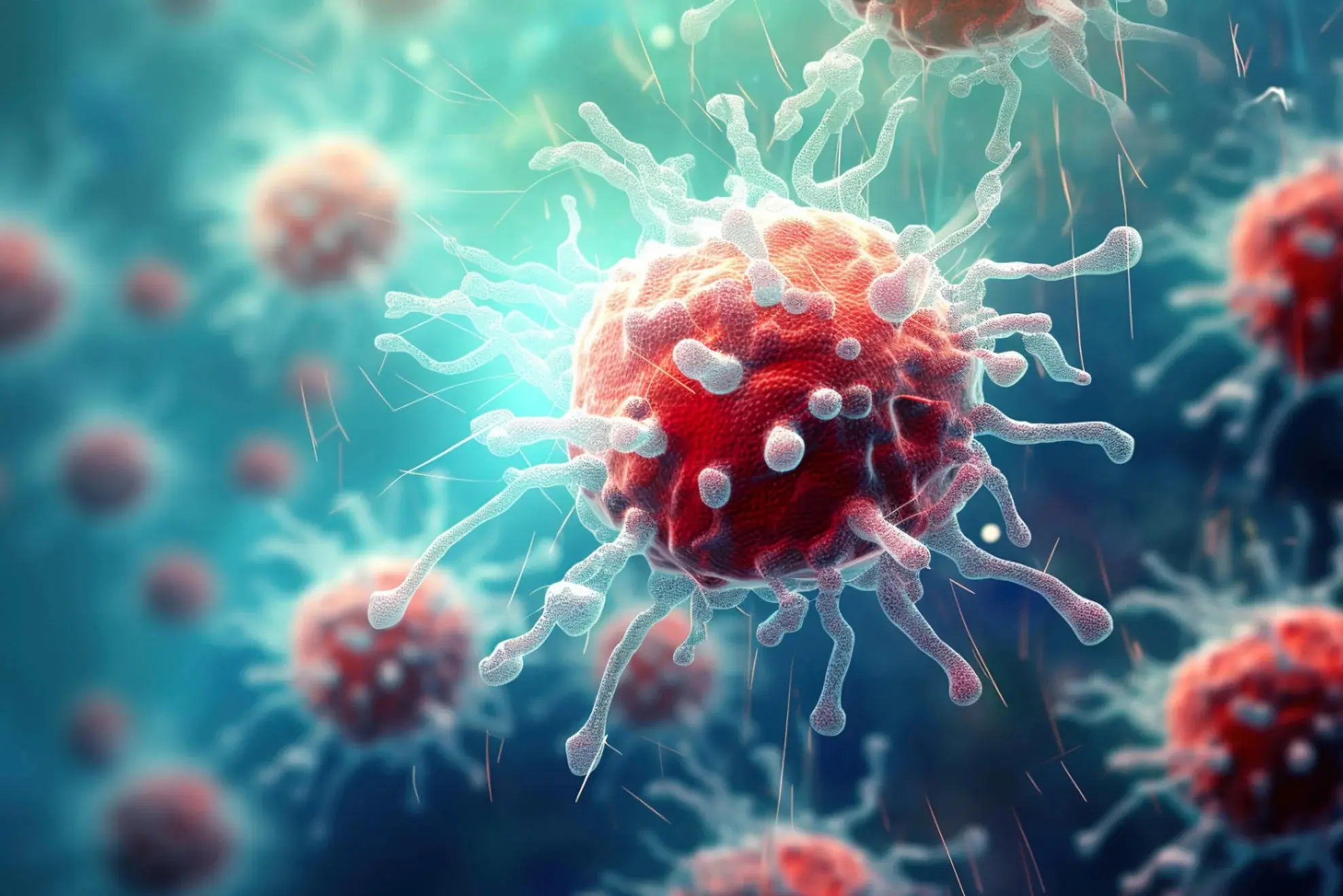
Identifying the “Switch” That Reduces Can.cer Cell Survival by 53%

Just 3 Minutes in the Morning: This Simple Test Can Reveal Hidden He.art Disease

3 Types of Fruit Can.cer Cells “Love”
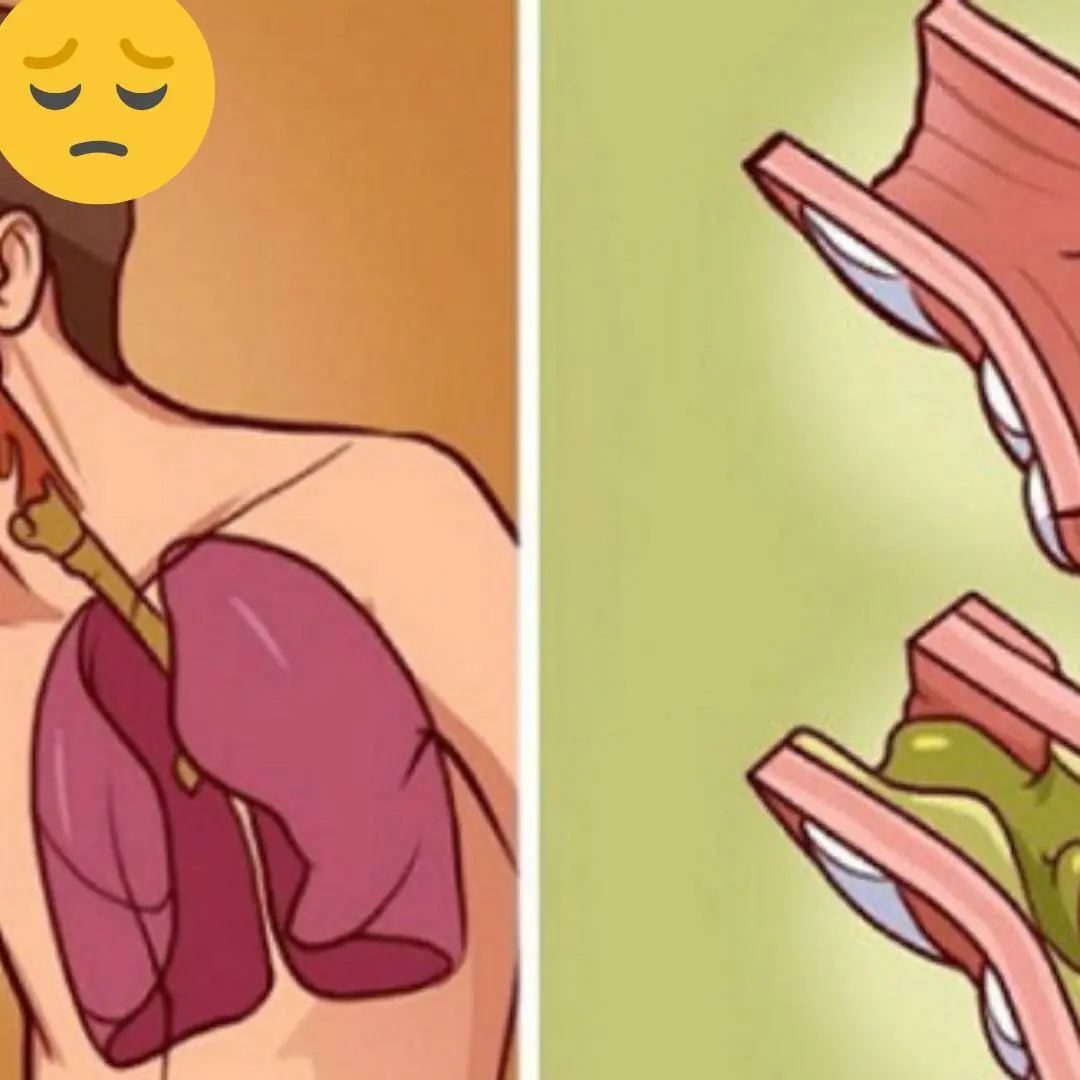
How to remove phlegm and mucus from chest and throat
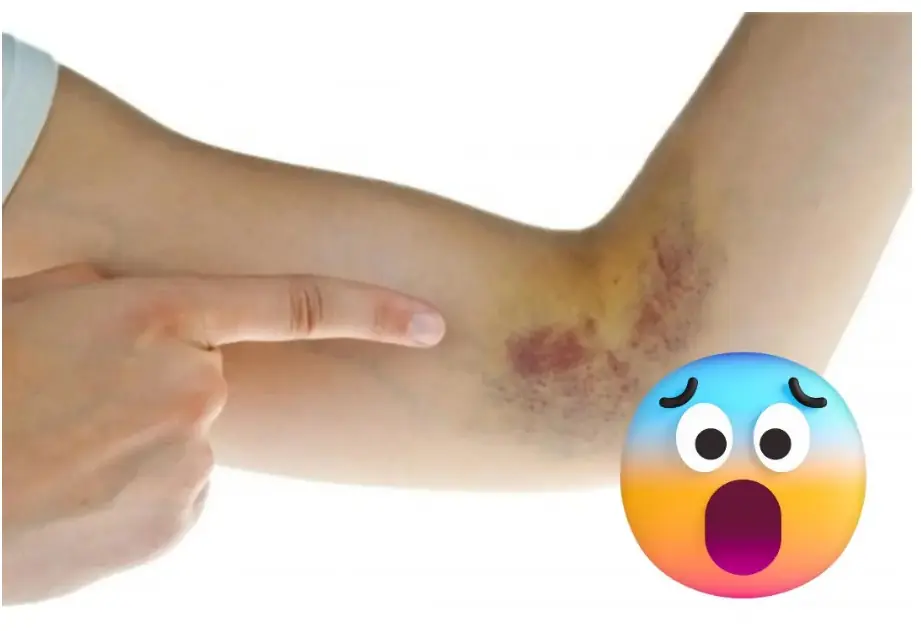
Simple signs to immediately recognize leukemia that you may never notice
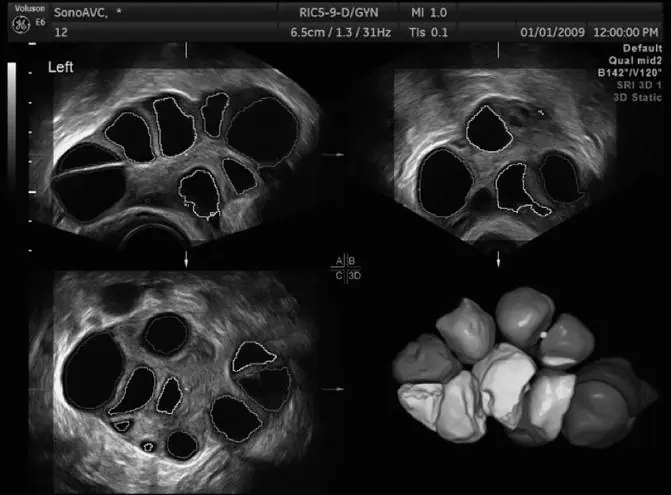
Two Kitchen Habits Behind Ova.rian Cysts — May Turn Can.cerous

3 Cooking Habits You Must Change Immediately
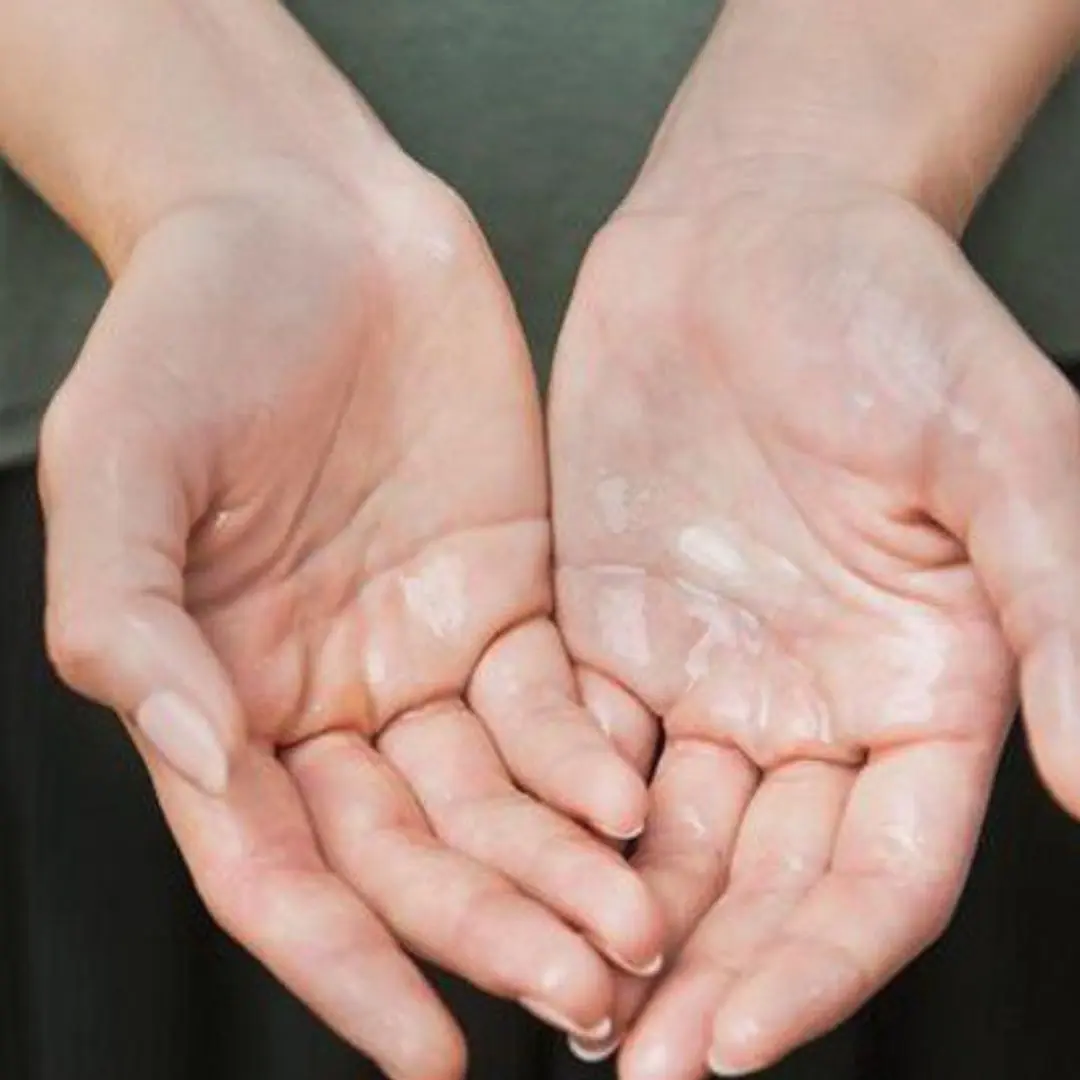
Why do hands and feet sweat in winter?

Both husband and wife were diagnosed with colon can:cer because of the same familiar habit!

Be Careful: 6 Common Foods Become To.xic When Reheated

These 3 types of fish should be eaten sparingly, they can increase the risk of can.cer, don't buy them just because they are cheap!

Want Radiant, Hydrated, and Glowing Skin This Summer? Eat These 5 "Magical" Fruits
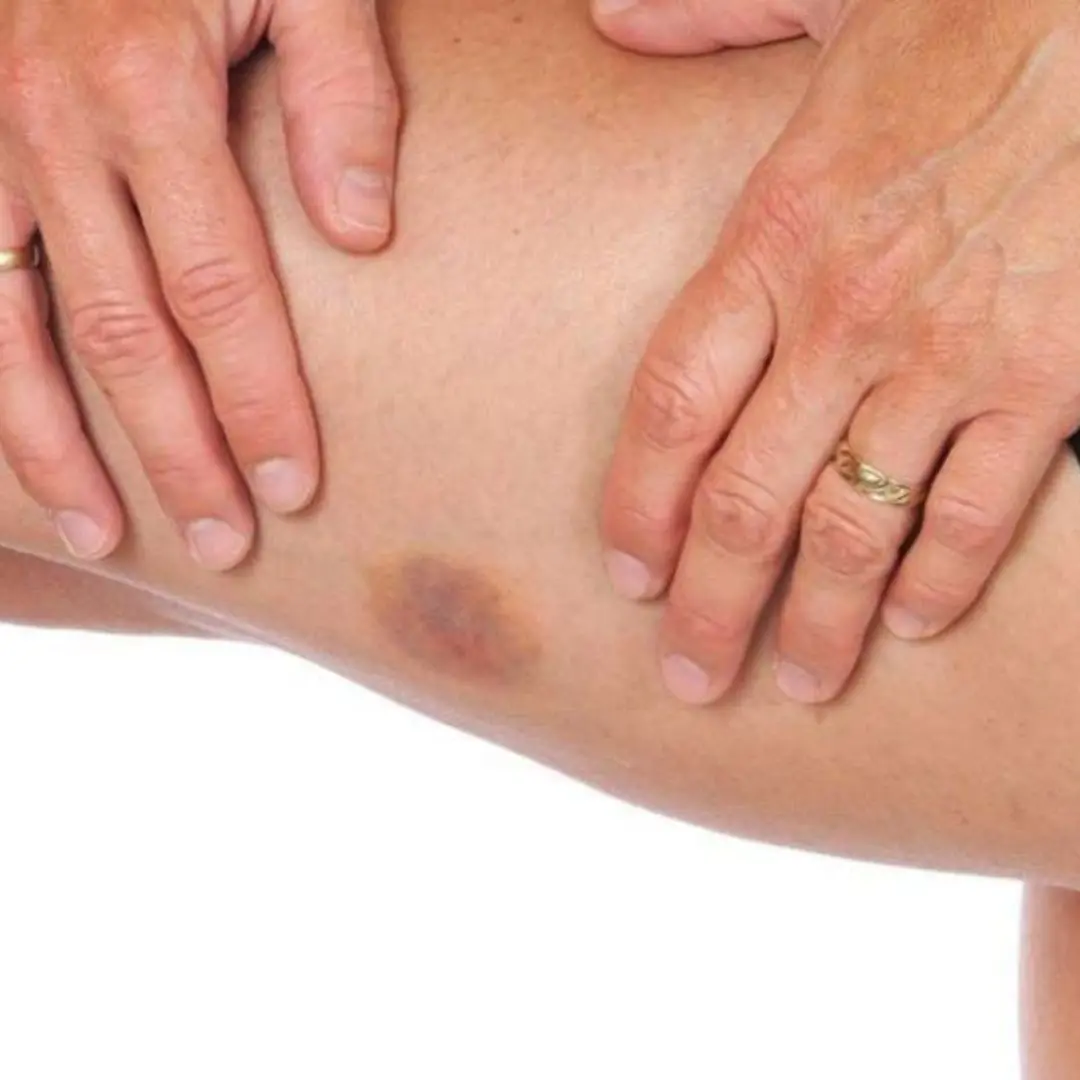
Unexplained Bruising on Your Body: Causes and Treatments
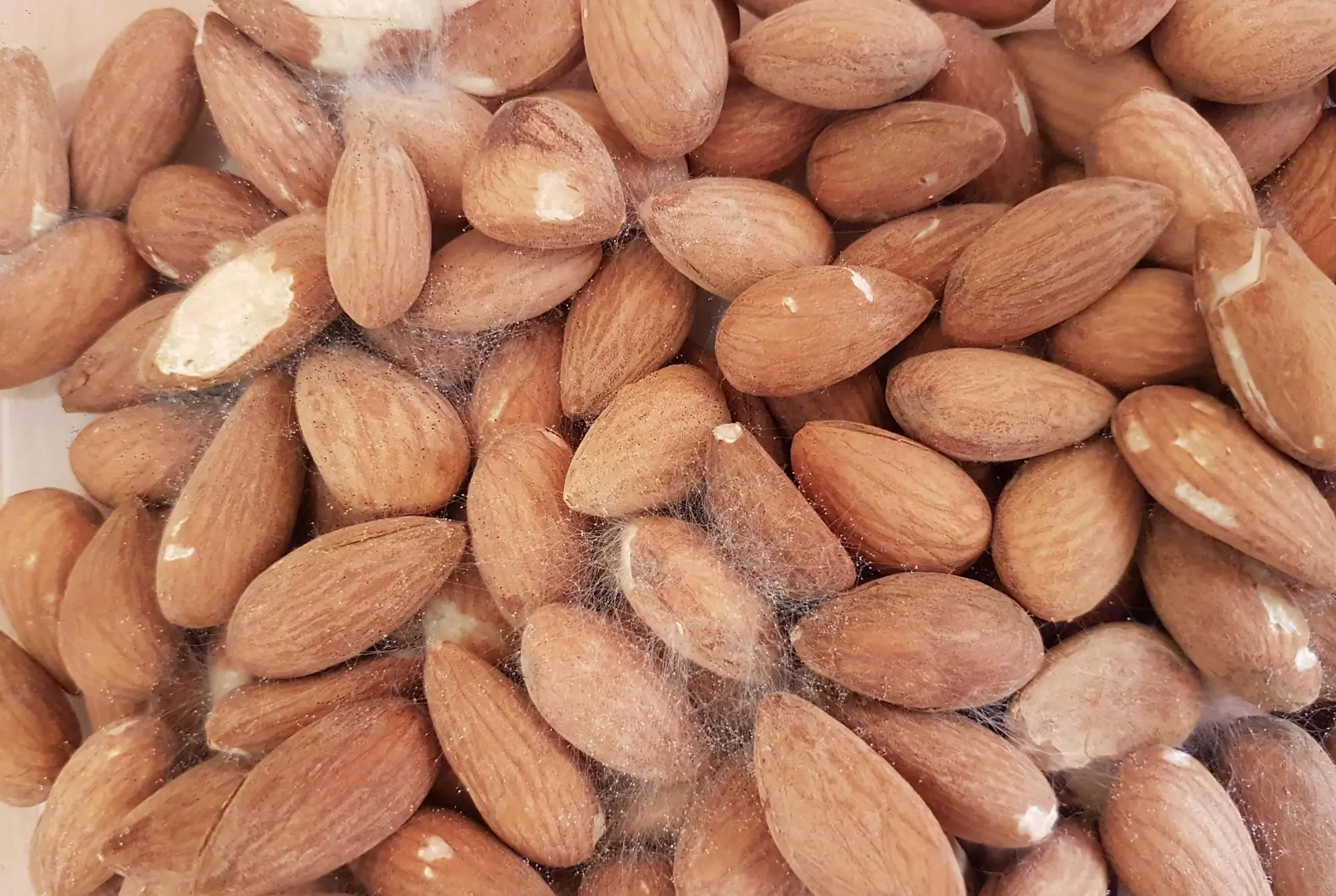
4 Types of Nuts You Should Never Eat If They've Been Sitting Around
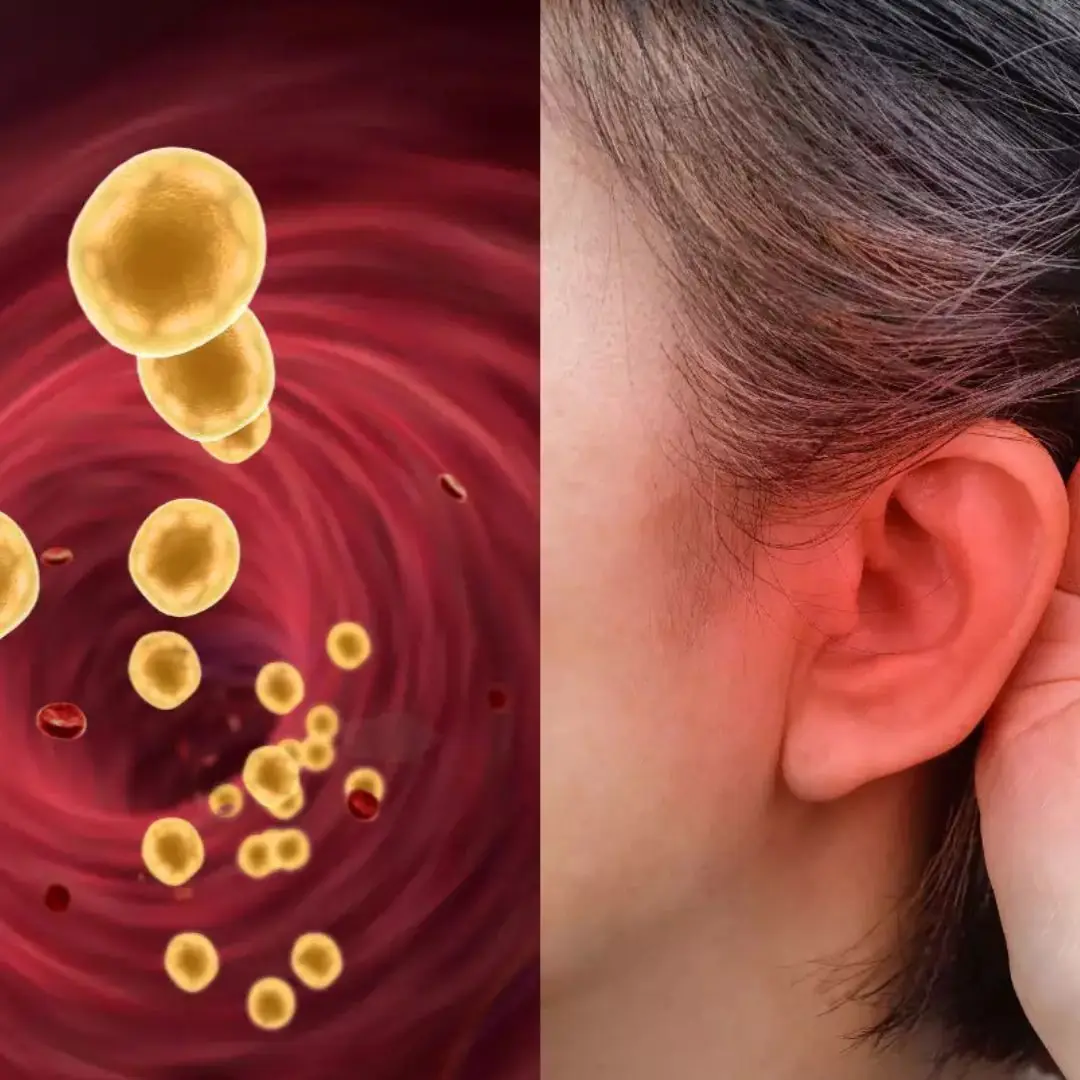
4 signs on the body to detect high bl.o.o.d f.a.t
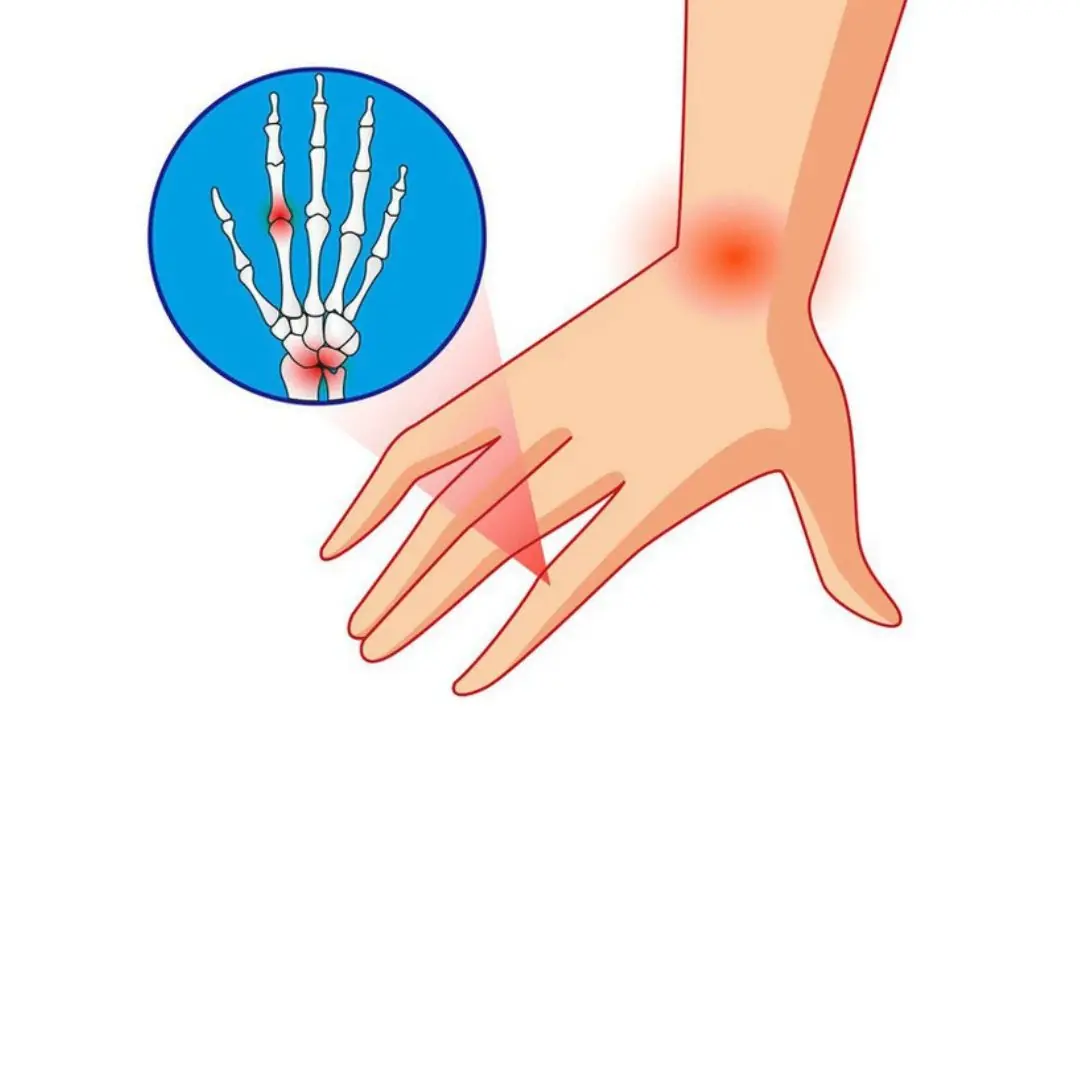
Don’t Miss These 10 Early Red Flags for Serious Health Conditions
News Post

Your Body Might Be Low on Zinc — Here Are 6 Signs to Watch For

Leftover watermelon in the fridge is not necessarily safe – if not done properly, the risk of bacterial contamination is very high!

Woman gets brain infection after eating refrigerated watermelon

The Unpleasant Truth: 5 Familiar Items That You Think Are Clean But Are NOT, The Dirtiest Is Number 4 That Everyone Uses

Bread May Be Delicious, But These 5 Groups Should Limit It

The Surprising Benefits of Ginger Peel

Identifying the “Switch” That Reduces Can.cer Cell Survival by 53%

Just 3 Minutes in the Morning: This Simple Test Can Reveal Hidden He.art Disease

3 Types of Fruit Can.cer Cells “Love”

How to remove phlegm and mucus from chest and throat
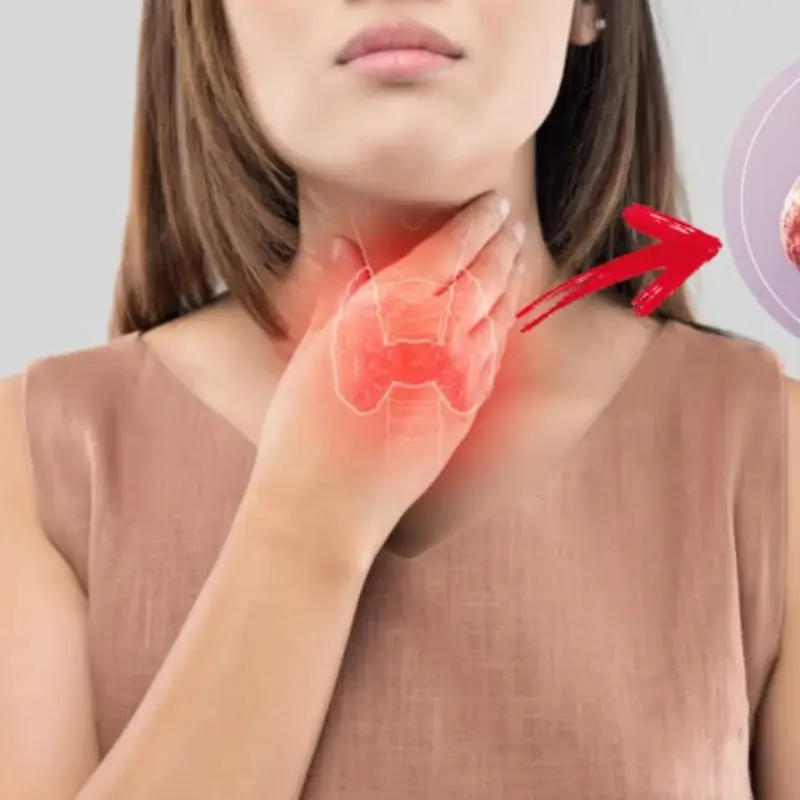
Thy.roid Can.cer Is a Silent Threat: 6 Groups of People Are at Higher Risk and Must Be Cautious

Simple signs to immediately recognize leukemia that you may never notice

Warning: The Cup Many People Use to Drink Water Every Day Is No Different from “Drinking Poison”
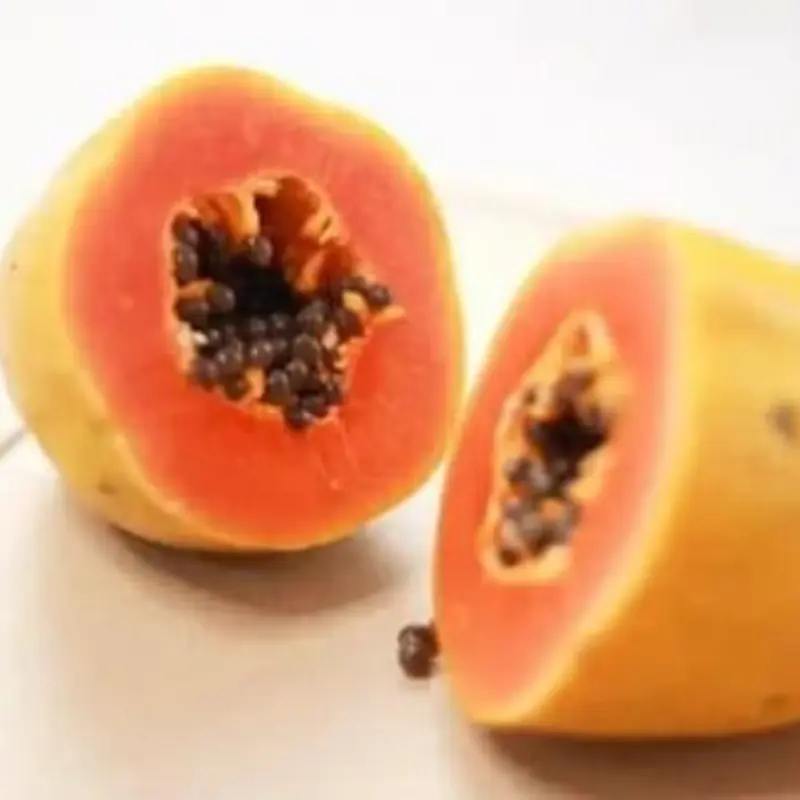
Eat These 5 Foods to Cleanse and Detox Effectively Every Day
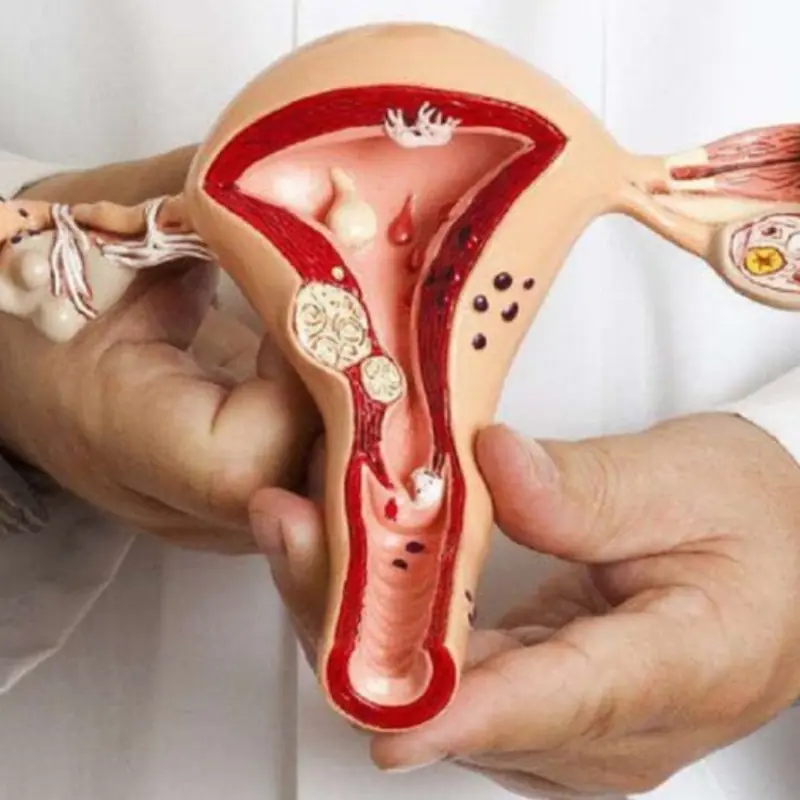
5 earliest signs of cer.vical can.cer: 90% of women tend to ignore them
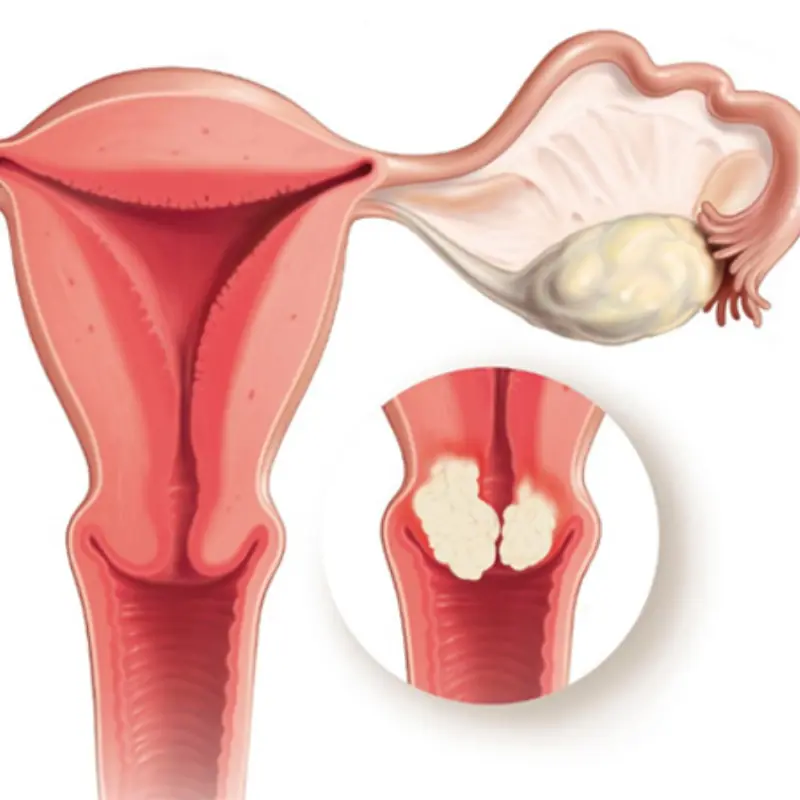
Women Who Frequently Eat These 5 Foods May Be Harming Their Uterus and Feeding Cancer Cells Without Knowing It

3 Calcium-Rich Vegetables That Are Almost Pesticide-Free

Why do 99% of cats sleep on their left side?
